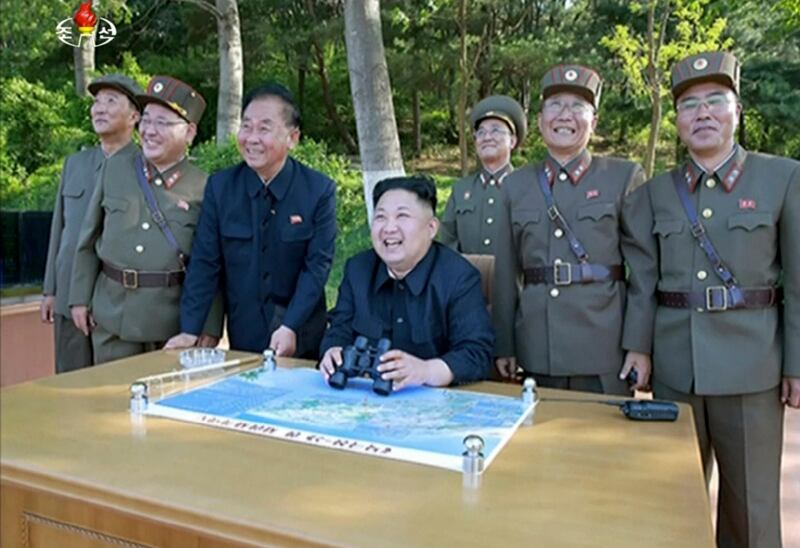Just over 6,000 North Koreans work in Kuwait, a key ally of the United States in the Middle East in its global fight against terror and rogue regimes, and despite State Department claims in June that the Gulf state was going to stop issuing visas to new workers from the renegade state, the country says it will continue to do so.
Despite Sheikh Sabah Al Ahmad Al Saba, the state’s 88-year-old ruler, preparing to travel to Washington to meet US president Donald Trump, Kuwait has said that it never stopped the flow of North Korean labourers into the construction industry, nor would it do so now.
The US claims that money earned by these workers, who number 6,064, as well as money that is made from North Korean-run restaurants in the area, is funnelled back to Pyongyang where it helps the regime to buy luxury goods and fund their ballistic missile programme.
North Korean workers in the Gulf earn on average around $1,000 a month; half of that is kept by the Pyongyang government, $300 goes toward construction company managers and the workers are left with just $200 for an entire month’s work.
In June the State Department’s reported that since 2008, more than 4,000 laborers had been sent to Kuwait “for forced labour on construction projects, sourced by a North Korean company operated by the Workers’ Party of Korea and the North Korean military.
“According to these reports, employees work 14 to 16 hours a day while the company retains 80 to 90 percent of the workers’ wages, and monitors and confines the workers, who live in impoverished conditions and are in very poor health due to lack of adequate nutrition and health care.”
State Department spokeswoman Heather Nauer in Washington said on Thursday that North Korean workers in Kuwait “would obviously be a concern to us.”
“The government of Kuwait will be taking further measures in response to the dangerous and provocative behaviour of [North Korea’s] regime within the coming days, we are told,” she said.
Kuwait dismissed the notion it cut off the laborers from coming to its construction sites.
“There are no plans to expel North Korean laborers and Kuwait has never done so,” the statement said.
North Korean workers face conditions akin to forced labour while being spied on by planted intelligence officers, eating little food and suffering physical abuse, analysts and officials say.





